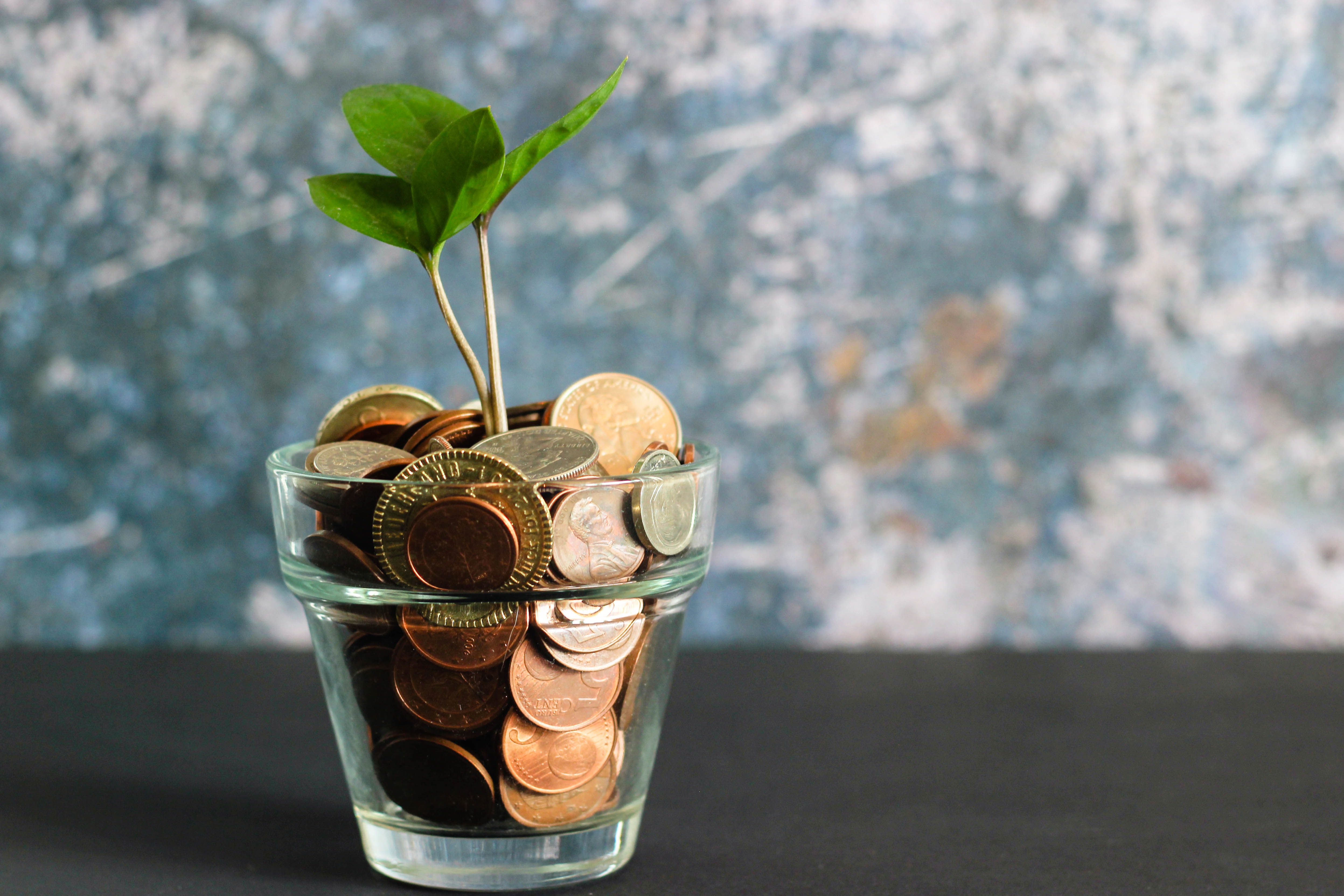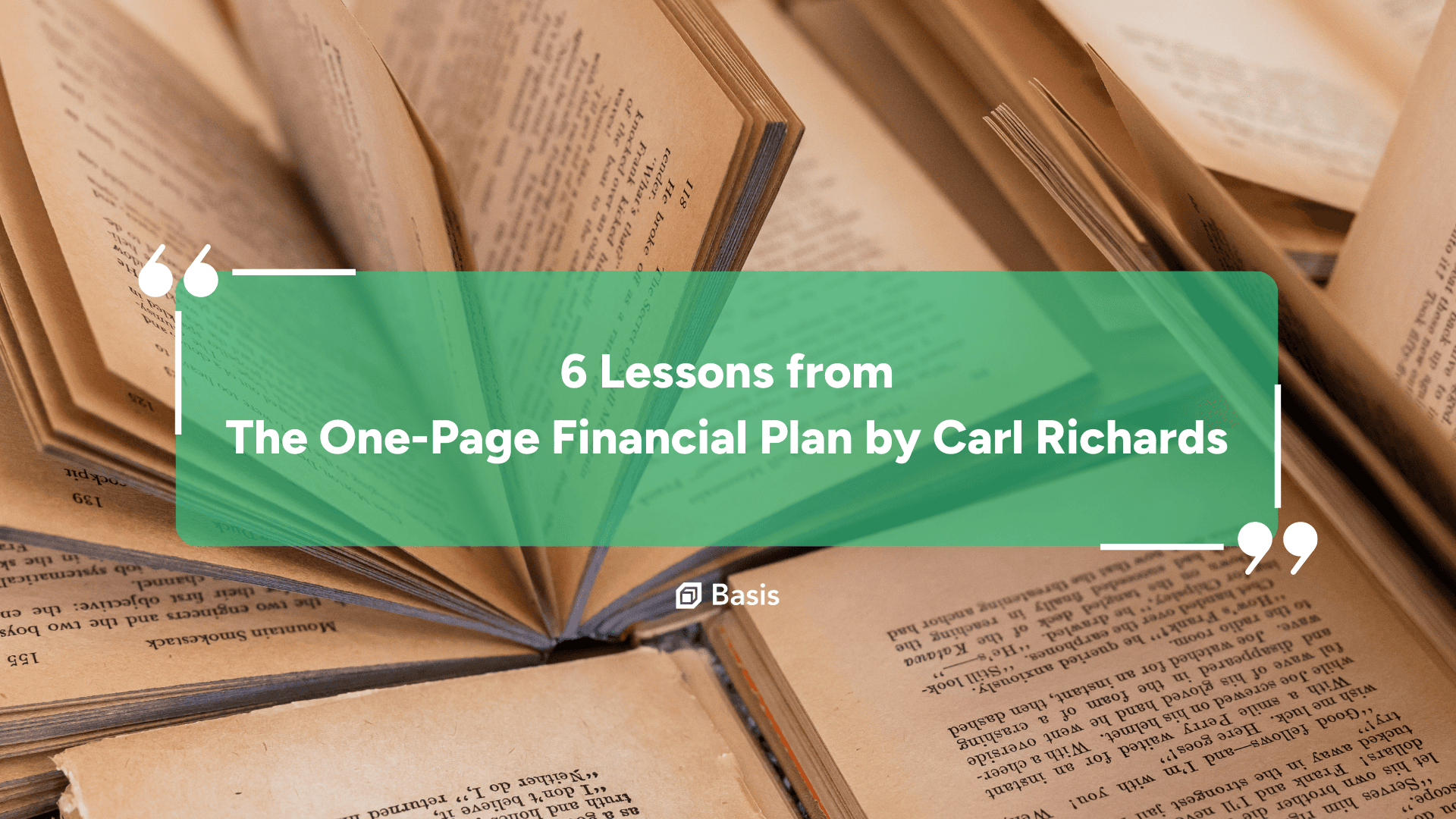Finding the Right Balance Between Saving and Investing
Insurance
|
Jul 10, 2020
More often than not we assume saving and investing are the same financial activity. While in reality, they are as different as ordering food at home and dining at a restaurant. Both help you satisfy your hunger, but both options have their own charms and drawbacks. In addition, both are to be treated differently and serve different purposes as well.
The same goes for saving and investing. Both are methods of putting away money for a future financial requirement. However, they differ on several grounds that we will explore further.
Let's take the example of Pooja and Priya to understand these terms better –
Pooja only spends a small part of her earnings. She makes it a point to put away some money as a security before spending. This is saving.
Priya, her friend, goes one-step further. She puts a fixed amount of her savings every month in Mutual Funds. This is investing.

So, what is Saving?
Saving is the difference between what you earn and what you spend, that is kept aside for future use (simply accumulating money).
Savings help provide for future emergencies or any specific short-term goals like providing for medical or other emergencies.
The aim of saving money is to keep it extremely safe and liquid (can be accessed in a short period of time).
Savings can be in the form of cash in hand (this is not advisable as not only is it risky to hold large amounts of cash, but also the fact that cash earns you no returns). Savings can also be money deposited in your savings bank account. Savings earn a very nominal interest in a bank account but the money is typically safe and faces little or no risk.
What Is Investing?
Investing is putting your savings into financial products so that your savings grow and create wealth over time
Investing is the process of wealth creation to meet future financial goals.
When you invest money you put it in instruments such as stocks, bonds, gold, real estate, mutual funds, etc.
Investing money allows you to earn returns but also poses risks depending on the duration for which you are invested and the inherent risks of products themselves.

So when should you save and when should you invest?
If there is anything that these uncertain times have taught us, it is that saving money is very important. By saving regularly, you must aim to do the following -
Keep aside money to cover basic living expenses for at least 3 months, in case of an emergency. This money should be kept in a highly liquid/ accessible investment product such as your Savings bank account. Another 3 months worth of expenses should be parked in a 6 month Fixed Deposit or Liquid Mutual Fund.
Savings can be used to bring down your debt. In case you have a large amount of money in the bank that is earning a low interest and may not be needed soon, it can be used to bring down the principal/ tenure of a loan.
Savings can also be used to ensure you and your family have adequate protection in the form of life and health insurance.
Once you have the above mentioned covered you can focus on investing towards important financial goals – be it building a retirement corpus, an education corpus for a child or buying a house.
Bottom Line
Understanding them both is important as they help us plan our short-term and long-term goals accordingly. When you save, you know that you are putting aside money for a rainy day. But when you invest, you are creating wealth that will help you achieve your financial goals. At Basis, we help you understand how to go about doing both. With expert advice, easy to digest knowledge boosters and supportive communities, your financial journey will become a lot easier.
This article is written by Namrata Patel for Basis
Basis is a first-of-its-kind platform, aimed at enabling women to achieve financial independence through expert advice, in-app learning modules and supportive communities.
#creditcards #creditrepair #credit #creditcard #creditscore #creditrestoration #creditrepairservices #money#financialfreedom #business #fixmycredit #badcredit #creditcarddebt #businesscredit #debtfree #tradelines #credittips#realestate #goodcredit #crediteducation #equifax #loans #finance #studentloans #entrepreneur #transunion #debt#creditcardprocessing #debtfreecommunity
Read More
Unleashing Alexis Rose's PR Magic: Building Her Own Empire
Jul 10, 2020
Unlocking your go to guide to navigate Gold 🌟
Jul 10, 2020
Investing in Gold 101 - A handbook on why, and how to invest in Gold
Jul 10, 2020
Is Taylor Swift REALLY saving the US Economy?
Jul 10, 2020
6 Lessons from The One-Page Financial Plan by Carl Richards
Jul 10, 2020
5 Reasons You Need a ̶P̶r̶e̶p̶a̶i̶d̶ Power Card
Jul 10, 2020







